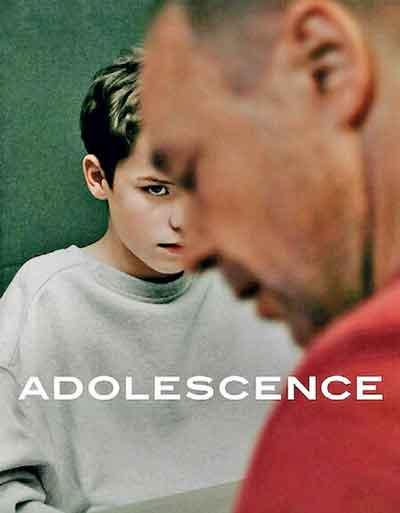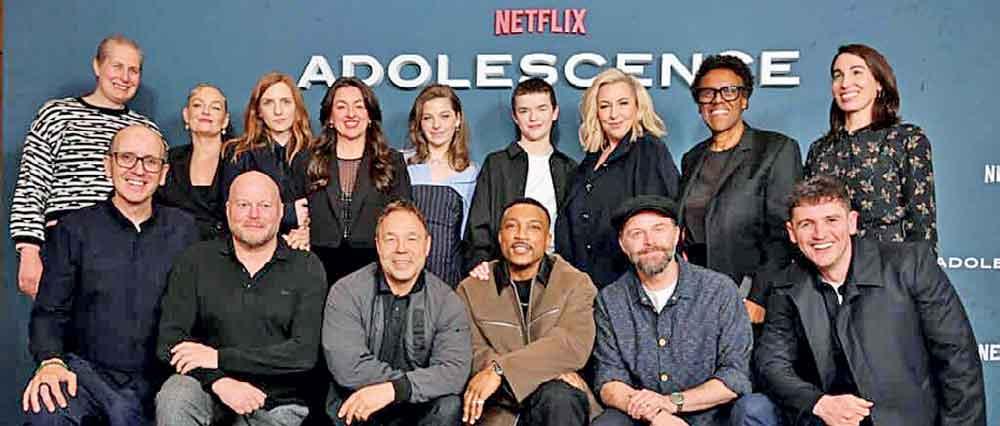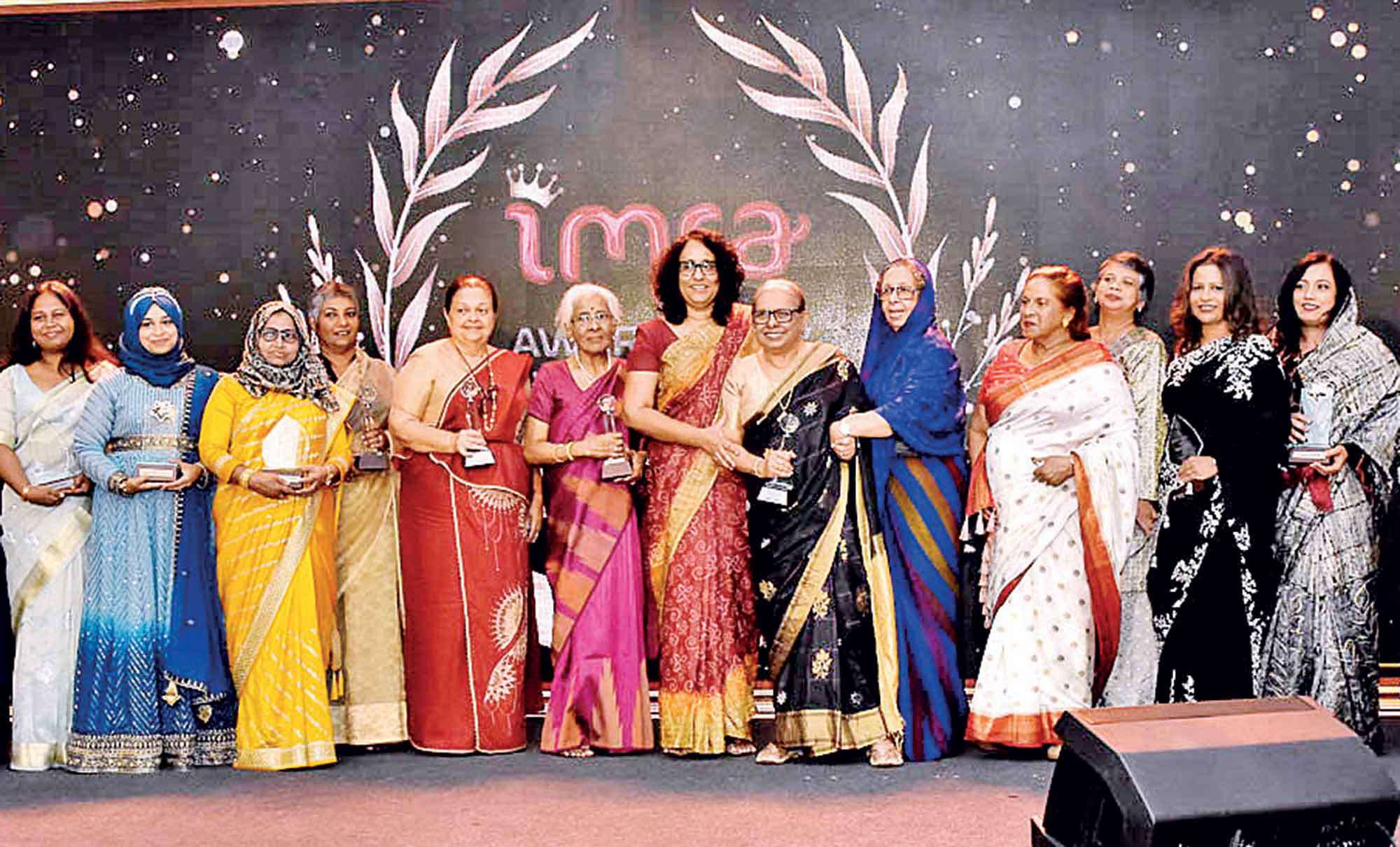In March 2025, Netflix released Adolescence, a gripping and provocative drama that dives deep into the dark intersections of teenage vulnerability, mental health, and online radicalization. With its chillingly realistic storyline and deeply emotional performances, the series centres on the fictional story of 13-year-old Jamie Miller, a seemingly ordinary teenager who is accused of fatally stabbing his classmate, Katie. But as the series unfolds, it becomes disturbingly clear that Jamie’s descent into violence was not born in a vacuum. Instead, it was the result of a slow, toxic immersion into misogynistic online communities, often referred to as the ‘manosphere’ a digital underworld where harmful ideologies are cultivated and celebrated. From the very first episode, Adolescence confronts viewers with uncomfortable truths about the hidden spaces of the internet that many young people, especially boys, are increasingly drawn to. The show skilfully balances storytelling and social commentary, making it not just entertainment, but also a wake-up call.
Unprecedented Viewership and Global Reach

What makes Adolescence even more impactful is its reach. The show quickly became a global phenomenon, streaming as the No.1 show in 74 countries and amassing an astonishing 96.7 million views. This staggering number places it among Netflix’s most-watched series of all time. But it’s not just the viewership that matters; it’s the conversations that have followed. Around the world, parents, educators, policymakers, and young people themselves are engaging in serious discussions about the role of digital media in shaping identity, influencing behaviour, and endangering vulnerable minds. The fact that a fictional series has been able to generate such a robust dialogue speaks to the urgent need for broader awareness and intervention.
Catalyst for Societal Dialogue
At the core of Adolescence is a terrifyingly real scenario. Jamie is not portrayed as a villain, but as a victim of an online environment that preys on insecurities and promises belonging in exchange for hate. His story is a mirror held up to the current reality where social media algorithms often reward the loudest, most extreme voices. The manosphere that radicalized Jamie is not just a narrative device; it’s based on actual digital subcultures that exist and thrive today. By portraying Jamie’s radicalization journey in such a nuanced manner, the series brings attention to how easy it is for young minds to be influenced by toxic content disguised as empowerment. Misogynistic influencers, disguised as life coaches or truth-tellers, often manipulate boys into believing that women are the source of their problems, fuelling resentment and aggression. This has sparked global concern over the lack of regulation and content moderation on popular platforms, leading to renewed calls for better digital education in schools and increased accountability for tech companies.
Political Impact

The series has also made waves in the political sphere. In late March 2025, UK Prime Minister Keir Starmer hosted a roundtable discussion with the creators of Adolescence, acknowledging its profound influence. Starmer expressed how personally impactful the show was for him as a father, stating on X that watching it with his teenage children hit “hard.” Responding to calls by MP Anneliese Midgley, who advocated for the show to be screened in Parliament and schools as a counter to misogyny and gender-based violence, the UK government made the show freely accessible to secondary schools. Meanwhile, the series became a lightning rod for controversy when businessman and President Trump administration advisor Elon Musk accused it of promoting “anti-white propaganda” on X. He claimed that casting a white actor as Jamie was a political choice designed to malign white individuals, further alleging the show was inspired by the real-life 2024 Southport stabbings. These assertions were quickly dismissed by co-writer Jack Thorne, who called the accusations “ridiculous” and reaffirmed that the series was entirely fictional and not based on any specific real-life incident.
Educational Initiatives and Policy Implications

The impact of Adolescence has gone beyond Netflix queues and social media hashtags. Recognizing its educational value, the UK government announced that the series would be made available to secondary schools free of charge. The goal is to encourage open and informed discussions among teenagers about topics like online radicalization, toxic masculinity, peer pressure, and emotional intelligence.
Simultaneously, the series has been credited with bringing attention to the UK’s Online Safety Act, a legislative effort aimed at protecting children and young people from online harm. The show has added a human face to the statistics, making the dangers feel immediate and personal. It has pushed policymakers to reconsider the urgency of digital safety frameworks and to acknowledge the psychological toll of unchecked content on impressionable minds.
Diverse Perspectives and Critiques

While Adolescence has been praised for its bold storytelling and social relevance, it hasn’t escaped criticism. Some argue the series risks stereotyping teenage boys as easily manipulated or inherently violent, while others believe it oversimplifies radicalization by overlooking socio-economic and mental health factors. Yet, experts note that adolescence is a time of intense brain development, especially in areas tied to impulse control and decision-making. When mixed with loneliness, peer pressure, and online extremism, teens become particularly vulnerable. Rather than offering a one-sided view, Adolescence sparks essential dialogue about emotional support, digital guidance, and what young people truly need to thrive.
Statistical Insights into the Digital Dilemma

The series is grounded in alarming statistics that paint a troubling picture of today’s digital world. Studies show that only around 50% of parents regularly speak to their children about online safety, leaving many young people to navigate the internet alone and vulnerable to harmful content. Global watchdog groups have also reported a significant rise in online misogyny and gender-based hate speech, especially on platforms popular with youth. This growing toxicity, coupled with research linking online radicalization to real-world violence, underscores the urgent need for better education, emotional support, and digital accountability.
Adolescence doesn’t offer easy answers; it challenges viewers to engage deeply with these issues. By blending the fictional journey of Jamie Miller with real digital dilemmas, the series turns living rooms into spaces for learning and conversation. It’s more than a show; it’s a cultural catalyst that highlights the need for collective awareness, empathy, and action in the digital age.











